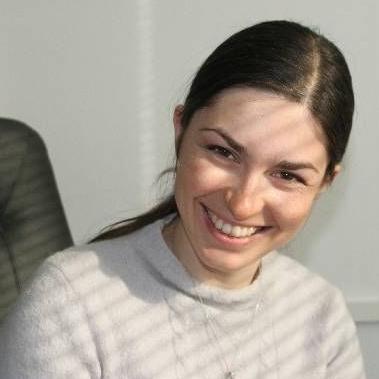Policy Workshop:
Advancing a Low Carbon Food Value Chain with Policy and Innovation
At a recent EU policy workshop, ZeroW joined key stakeholders from research, industry and the European Commission to present policy recommendations and innovative strategies for reducing greenhouse gas emissions and food loss across the food value chain.

“Accelerating action to reduce greenhouse gas emissions in the food value chain” was the focus of a recent policy workshop where ZeroW presented some of the results from the project.
The event, organised by the ENOUGH project, assembled key stakeholders from industry, research institutions, and representatives from the European Commission to exchange recommendations, policy insights, and innovative strategies aimed at decarbonising the food system.
European Commission Outlines Policy Developments
Opening discussions included representatives from the European Commission, specifically DG CLIMA, DG Agri, and DG JRC. They highlighted important developments, such as the new "Clean Industrial Deal," contributions from various EU-funded projects aimed at reducing emissions within the food industry, and the ongoing efforts related to monitoring the EU food system.
Industry and Research Organisations Address Systemic Challenges
The subsequent session featured insights from industry perspectives. ANIA, the French Food Federation, identified significant challenges like market fragmentation, pricing volatility, and evolving energy demands. They stressed the necessity for collaborative efforts encompassing research, financial backing, and regulatory frameworks.
The National Research Institute for Agriculture, Food and Environment (INRAE) pinpointed priority research areas, emphasizing logistics, cold chain management, and sustainable packaging as critical points for addressing food loss and waste (FLW).
Additionally, the Global Cold Chain Alliance highlighted the critical role of cold chain management in sustainability, illustrating practical approaches in transport and warehousing.
Flanders’ FOOD introduced "Rethink Energy 4 Food," an initiative designed to accelerate energy transitions within the Flemish food sector, focusing specifically on electrification, heating, resilience, and innovative cooling techniques.
ZeroW Presents Policy Recommendations and Research Outcomes
In the third session, several prominent EU projects shared results and actionable recommendations. Specifically, the ZeroW project presented comprehensive results of WP8, focusing on policy recommendations developed through economic modelling and simulations of various policy pathways, designing a just pathway and complementary actions aimed at significantly reducing food loss and waste.
They established intermediate targets for FLW reductions, culminating in detailed policy briefs informed by the systemic innovations and practical outcomes from the project’s living lab experiments.
Call for Stronger Communication and Demonstration Activities
The workshop concluded with remarks from the policy officer from the European Commission overseeing the ENOUGH project. He emphasized the vital role of effectively communicating research outcomes to policymakers and highlighted the potential for demonstration activities to motivate broader industry actions.









